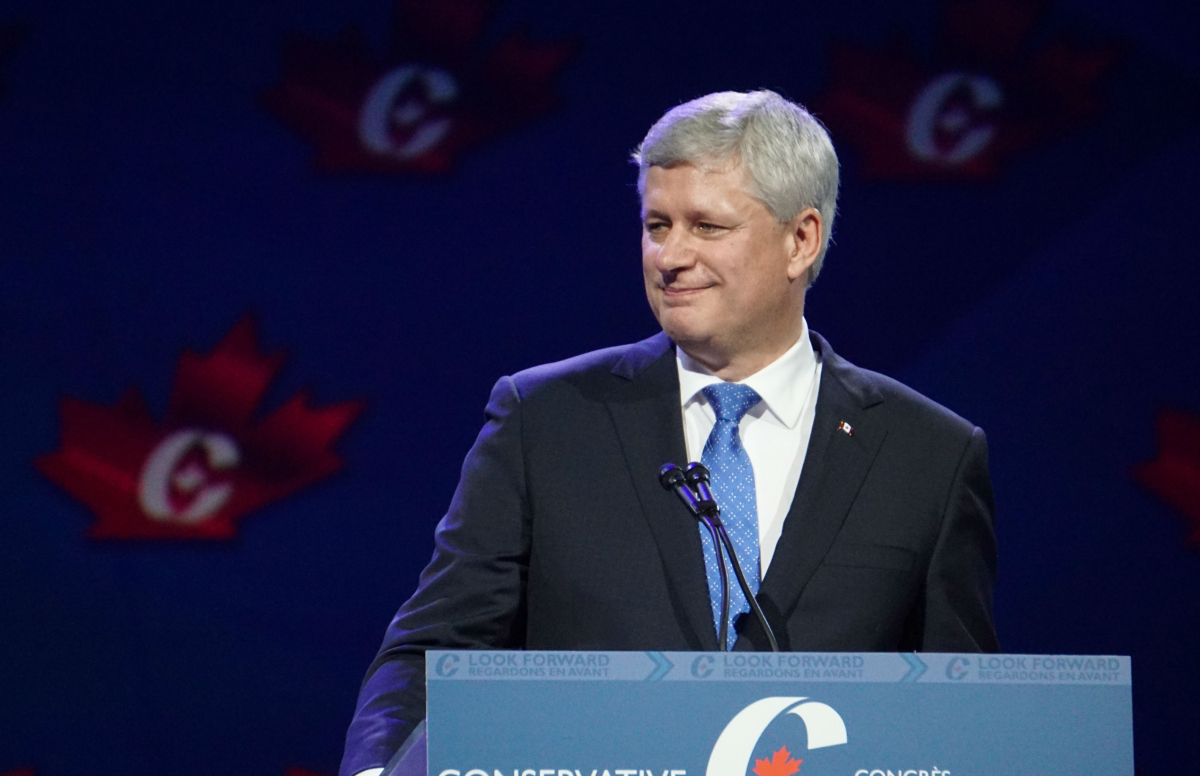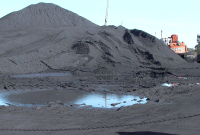Support strong Canadian climate journalism for 2025
The House of Commons wasn't sitting this week, but with Prime Minister Justin Trudeau taking a day off in Japan to celebrate his wedding anniversary, and with Canada's ambassador to Ireland tackling a demonstrator — captured on video — there was no shortage of political huffing and puffing.
Beyond the huff-puffery, there were some solid political developments that will materially affect Canadians and their political landscape: new insight into the management of the global and Canadian economy; an attempt at renewal within the Conservative party; and new information from Environment Canada on the impact of the oilsands.
Here are three ways politics mattered this week:
IT'S THE ECONOMY:
Trudeau spent a good deal of political capital this week pushing his case internationally for deficit-fueled growth. In Japan for the annual summit of the Group of Seven rich countries, he sought allies in his plan to invest heavily in infrastructure and programs — even if it means running up deficits. But there was no rush to jump on that bandwagon, with G7 leaders agreeing instead to each look for their own ways to boost growth.
Trudeau's pitch is theoretical, even within Canada; investment in infrastructure has only just begun to ramp up, the tax-and-benefit structure is in the midst of being changed, and the actual effects on growth and the middle class are unknown.
But we're about to find out what the Liberal plan feels like. New fiscal numbers released Friday showed the federal government was in deficit in 2015-16, even before year-end adjustments are made. Officials say the government is on track to register a $5-billion deficit for the year when all is said and done. And the deficits are projected to grow before they shrink. What's less predictable is when or if the economy will be lifted out of the doldrums and whether regular Canadians will feel the difference.
GETTING TO KNOW YOU
Both the Conservatives and Liberals are holding their annual conventions this weekend, with delegates from across the country gathering to decide the future direction for their parties — and give Canadians a sense of what kind of political choices they will have in the future.
The Liberal convention was a bit of a victory lap, with some back-and-forth tussling over the party constitution and assisted dying thrown in for good measure. The Conservative convention, on the other hand, marked the end of an era.
Stephen Harper kicked off the convention with his first public words since his defeat in last fall's federal election. He defended his record and said goodbye. The party he co-founded began moving on. In the post-Harper era, delegates are pushing for more say in who runs the party, debating how open they should be to same-sex marriage and other social policies, and ruminating about who should lead them next.
One thing is certain: It won't be Rona Ambrose, despite her personal popularity within the federal caucus and good reviews of her performance on Parliament Hill. Delegates defeated a motion that would have changed the rules to allow interim leaders to run for the real deal.
The leadership is up for grabs, just like the nature and direction of the party itself.
OILSANDS IN THE AIR
First it was global oil prices; then it was the wildfires. Now, the oil sands are hearing more bad news, this time from Environment Canada researchers.
Writing in the science journal Nature this week, the researchers say Alberta's oilsands are one of the biggest sources of air pollution in North America, emitting tiny bits of particulate matter on par with cities such as Paris and Mexico City.
The secondary organic aerosol pollution was found to be spreading over a large area downwind of the oil sands. The pollution is produced when volatile organic compounds interact with sunlight or other chemicals to create particles. They have been linked to lung and heart problems, among other health problems.
Much of the environmental discussion around the oilsands has been about the effect of bitumen production on greenhouse gas emissions and climate change, so this week's research demands some new thinking. The researchers say they need to know a lot more about the process before they can start contemplating solutions.
The Canadian Press





Comments